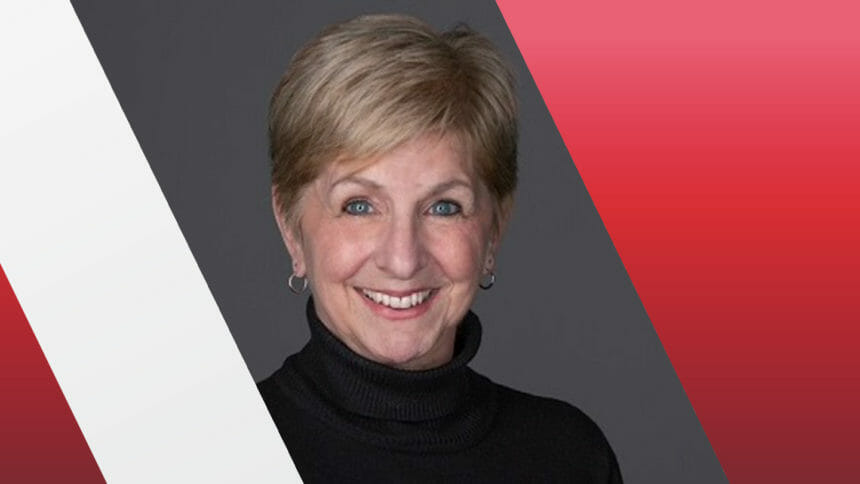
Vicki Hoak, the CEO of the Home Care Association of America (HCAOA), one of the country’s major home care associations, is resigning from the organization. Her last day is Oct. 24, following the association’s annual conference.
“I look forward to the next six months to ensure a smooth and thoughtful transition,” Hoak said in a story in the association’s Home Care Insider newsletter. “We will concentrate on continuing our strong advocacy efforts in Washington, DC, as well as our state chapters’ advocacy efforts. [I am also focused] on making this year’s national home care conference in Chicago, the biggest and best yet.”
Hoak disclosed her desire to step down late last week, HCAOA said. She plans to focus on other areas of interest and spend time with her family. A transition plan for the organization, which includes a national search for a replacement has begun, according to HCAOA.
Hoak became the chief of HCAOA in November 2019, just months before the start of the COVID-19 pandemic. Prior to her tenure at HCAOA, she served as CEO of the Pennsylvania Homecare Association for 20 years.
During her time at HCAOA, Hoak advocated for everything from a set of national standards for personal care workers to solutions to the home care workforce crisis. She spearheaded the Home Care Workforce Action Alliance with William Dombi, executive director of the National Association for Home Care & Hospice, and firm Bayada. A report outlining recommendations was released last month.
HCAOA Board President Jeff Wiberg praised her leadership.
“Vicki has been an excellent leader and advocate for home care for the Home Care Association of America,” he said in the newsletter story. “She stepped into the role just before the pandemic hit and both led and grew the organization during incredibly challenging times.”
Hoak said more work remains.
“From standardizing data collection so we can pinpoint the value personal care offers in containing healthcare costs to elevating the profession of our direct care workers and continuing to develop standards of care, there is still much to be done,” she said. “We must also become better at collaborating with other healthcare sectors including home health, hospice, nursing homes and acute care facilities. Doing this will benefit the people we serve because their care will be better, more coordinated and centered around their needs and desires.”
This is a developing story. Please check back for updates.


